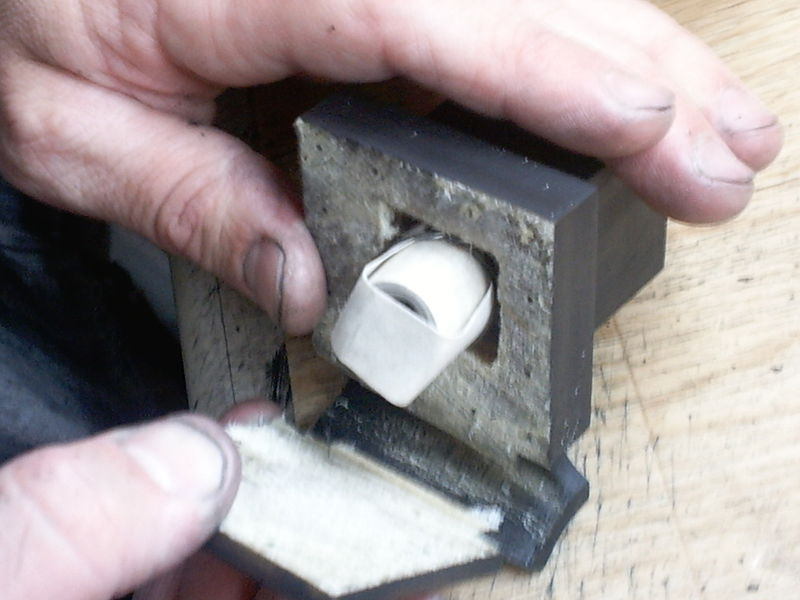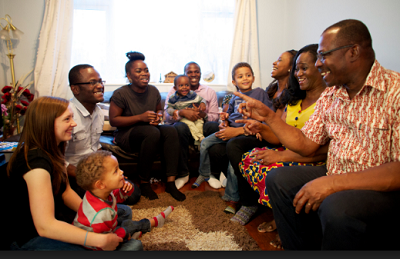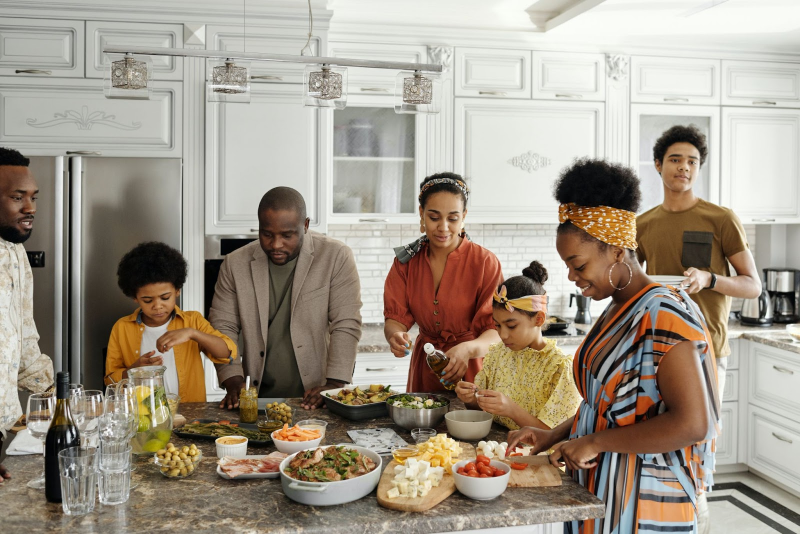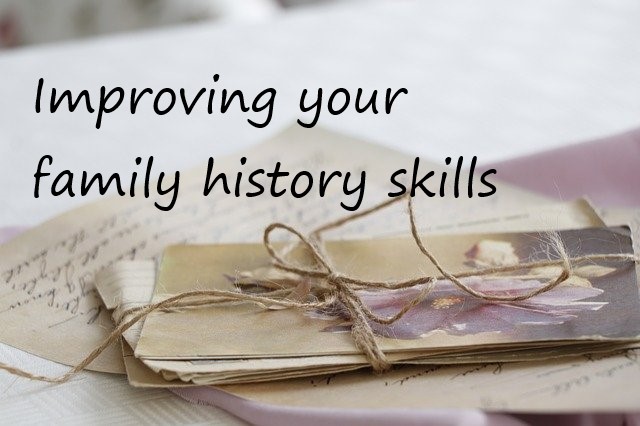

Come, Follow Me is a resource offered by The Church of Jesus Christ of Latter-day Saints. It is designed to be used in the home to support personal and family scripture study to build faith in Heavenly Father and His plan of salvation and in the Savior Jesus Christ and His Atonement. Come, Follow Me is self-contained and adequate, when used properly. Products and materials designed to supplement this resource, though they may be helpful in some instances, are not necessary for a successful home study program.

May 16–22
Deuteronomy 6–8; 15; 18; 29–30; 34
From Come, Follow Me:
Much of the generation of Israelites who would enter the promised land had not witnessed the plagues in Egypt or crossed the Red Sea. Moses knew that they—and future generations—would need to remember God’s miracles and God’s laws if they were to remain God’s people.
What counsel does Moses give in Deuteronomy 6:4–12, 20–25 that could help you remember the great things God has done for you? What are you inspired to do so that the word of the Lord will daily “be in thine heart”? (verse 6).
How will you pass your faith on to future generations?
“The man prepared by our Heavenly Father to be the leader of the Hebrew nation was Moses….The Lord revealed through Moses the feasts and events that the Israelites should hold as perpetual reminders of their deliverance from slavery and the birth of their new nation.” (A Meaningful Celebration)
“Based on Moses’s instruction recorded in Deuteronomy 6:4–9, the Jews developed a custom or tradition involving the Shema, mezuzahs, and tefillin (or phylacteries)....The word Shema is taken from a Hebrew word meaning “hear,” which comes from the beginning of Moses’s instruction…In its entirety, the Shema consists of Deuteronomy 6:4–9; 11:13–21; and Numbers 15:37–41, in that order. It is recited daily by devout Jews as an evening and a morning prayer. When asked which was the greatest commandment in all the law, the Savior quoted from the Shema (see Matthew 22:36–38).

“Many Jews write these same references on parchment and place them in a small container called a mezuzah (the Hebrew word for doorpost), which is then placed on the right side of the door frame of their homes. Some Jews may kiss the mezuzah when entering the home, others may kiss their fingers and then touch the mezuzah, and others may do neither. The mezuzah is a reminder to those entering of God’s divine presence in the home and to those leaving of their responsibility to abide by His laws.” (Lesson 71: Deuteronomy 1–13).
"Because traditions can influence generations for hundreds and even thousands of years, it is critical that we establish traditions of righteousness. A decision you make today to establish a righteous family tradition can have lasting effects on generations to come." (The Traditions of Our Fathers, Brent H. Nielson)
What things have influenced your family from the past, currently, and those that you are working on to bless future generations? What are some of the righteous traditions you have been raised with and are trying to carry forward with your children? What can you share with other family members about your ancestors?


Discuss some of the events that your family celebrates. Why did these celebrations begin? What traditions does your family have for each holiday? What other unique traditions do you have--such as for birthdays, graduations, baptisms or other events? Have any of these traditions been passed down from prior generations? Which ones and why have they continued? Discuss how these traditions help bring you closer as a family?
From Come, Follow Me:
These verses might prompt your family members to think of ways your family has been blessed. How can we follow the counsel to “beware lest thou forget the Lord”? (Deuteronomy 6:12). You may want to record your feelings about your blessings, perhaps in a journal or on FamilySearch.
You provide a service to your family and descendants as you record your personal thoughts and experiences. A journal is sometimes the best record for understanding someone who has passed away. You also provide a service to your family as you help them understand the value of recording memories and help them accomplish this themselves.

Discuss as a family what you would like to include in your journal. Your journal can create a lasting record of your comings and goings, the guests who visit your home, your events and holiday celebrations, or whatever you decide.
Take turns writing a little about what you have learned or what has happened to you and your family. Let the younger children "write" with their artwork. Be sure to write about your feelings, too. Read The Benefits and Blessings of Keeping A Family Journal to learn more.
Remember that what you write can also be uploaded to FamilySearch Memories. With the FamilySearch Family Tree app and FamilySearch Memories app, gathering, audio-recording, sharing, and preserving oral histories has never been easier.
From Come, Follow Me:
Do something to help your family members feel special, such as preparing a favorite food. Then you could read Deuteronomy 7:6–9 and discuss what you feel it means to be “a special people” (verse 6) to the Lord.
Making family recipes can help you feel closer to those who first shared those recipes with you or to ancestors who are no longer with you.

If you have a living grandmother, consider making a family cookbook of her recipes. It would be an honor for her to share those recipes and memories with your family. It would also become a treasure for family members to cherish.
This Heritage Cookbook can be done for family reunions or anytime. Simply ask family members to submit their favorite family recipes—"from their own family or one passed down from a distant ancestor. Ask them to include details on, memories of and a photo (when available) of the family member best known for the dish. The collected recipes can then be turned into a wonderful family cookbook. This also makes a great fundraising project for the following year's reunion."
Read Family Cookbooks for inspiration on preserving and sharing recipes. This family gathers their favorite recipes every three years to compile a cookbook to hand out at their family reunion.
Check out this Recipe Book blog for another type of cookbook. This one was created using "Grandma's" recipes, photos of "Grandma's" kitchen and family memories. Also, read 5 Steps to Putting Family, Food, and Fun in Family History.


"Every family has a recipe or two that they cherish ... Family recipes are certain foods that remind us of warm feelings and happy memories with the ones we love. These can be foods our family always makes for celebrations and events and, more often, foods we enjoy eating together all the time. Some family recipes have been passed down for so many generations that we aren't even sure where they originated...Family recipes tell a story. They're often connected to people, places, and special memories. They have a who, a where, and a why. You're making family history when you prepare and eat these foods with your family." (Discover Your Family's Heritage Recipe Story)
Take time to discover and reminisce about some of your family recipe stories by answering Questions to Help You Tell Your Recipe Story. Then, as the blog also suggests, "Take some time to write down who has shared family recipes with you. Where did the recipes come from? Why are they meaningful to you? Even better, share your family recipes online by uploading them to the FamilySearch Memories App. Here they will be preserved and accessible to your family members and friends near and far."

What are duplicates?
Sometimes Family Tree has more than one version of an ancestor’s record. These extra pages are duplicates, resulting from people adding extra versions. Family Tree has a Possible Duplicates window on some ancestor pages that you can check. For more info on detecting and handling duplicates , see Project 1: Family Tree, Goal 11, Choice A.